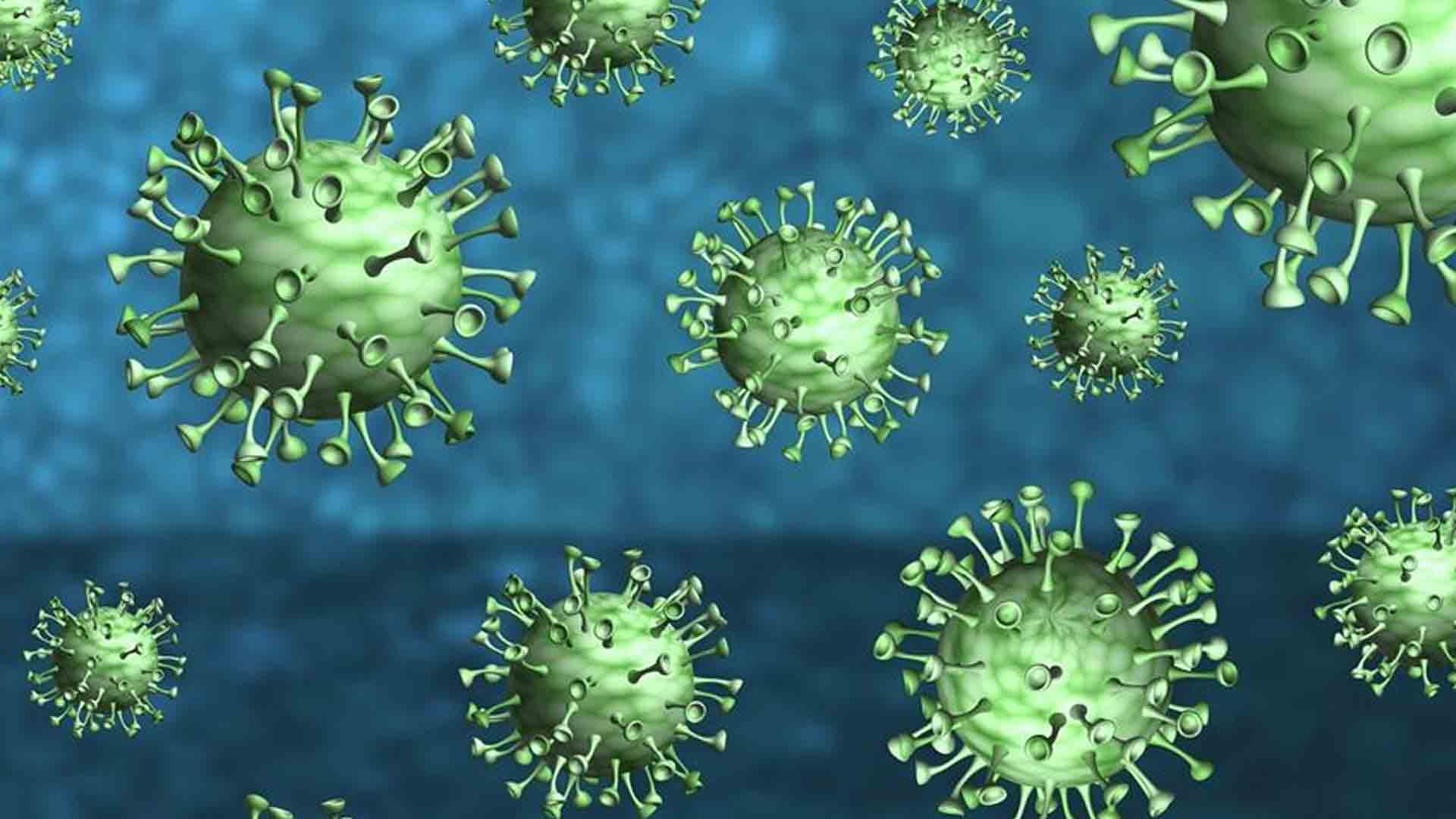The novel coronavirus survives on surfaces for 28 days, a study by Australian national science agency has found.
“To improve our understanding of how this new virus behaves, our researchers studied the survival rates of infectious SARS-CoV-2 [COVID-19], dried in an artificial mucous solution, on six common surfaces,” the researchers at Commonwealth Scientific and Industrial Research Organization (CSIRO) said on Monday.
The research carried out at the CSIRO found that the virus was “extremely robust at 20°C [68F]”.
“We were able to recover infectious material after 28 days from the smooth [non-porous] surfaces,” it said, adding that the experiment was conducted at three different temperatures, 20C [68F], 30C [86F] and 400C [104F], with the relative humidity kept at 50 percent.
The researchers used stainless steel, glass, vinyl, paper and polymer banknotes, and cotton cloth as surfaces during the study.
“These are examples of high contact surface areas such as glass on touchscreens and stainless-steel doorknobs,” the study said.
“A droplet of fluid containing the virus at concentrations similar to levels observed in infected patients was dried on multiple small test surfaces and left for up to 28 days. At various time periods, the virus was recovered and placed in tissue culture cells to observe if any infectious virus remained,” the study added.
Temperature affects how virus behaves
The study also found length of time the infectious virus was able to survive in different temperature zones.
“At 30°C [86F] infectious virus did not survive beyond seven days on stainless steel, money [polymer banknotes] and glass. However, on vinyl and cotton cloth, infectious material was not detectable beyond three days,” it said.
However, the virus was inactivated much faster at 40°C (104F), it said.
“Our knowledge that the virus survives longer at colder temperatures may also help to explain the spread of SARS-CoV-2 in environments such as meat processing facilities,” the researchers said. (PNA)





















